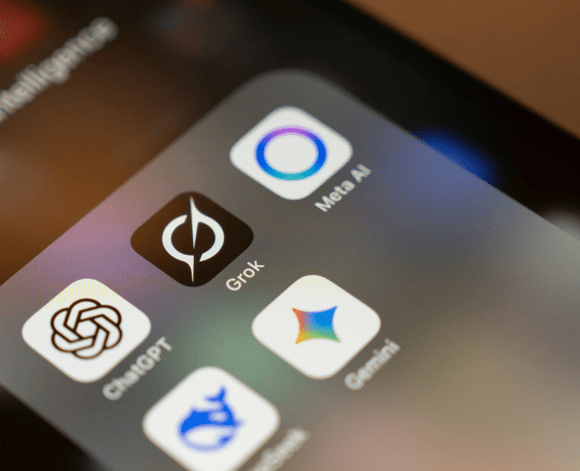Fort Lauderdale, FL, Sept. 15, 2025 (GLOBE NEWSWIRE) — Ronald Osborne Business Coach announced a comprehensive AI driven playbook that helps small-business owners and startup founders compress time-to-revenue, strengthen internal infrastructure, and lower operating expenses. From the firm’s headquarters at 401 East Las Olas Boulevard, Suite 1400, Fort Lauderdale, FL 33301, the business coach leverages autonomous and semi‑autonomous AI agents for lead generation, onboarding, knowledge management, and client success bringing enterprise-grade capability to Main Street.
Small businesses power the U.S. economy, and the stakes are significant: they employ nearly half the workforce and account for 43.5% of America’s GDP, according to the U.S. Chamber of Commerce. Any edge that speeds growth or trims costs matters to communities across Broward County and the broader Miami Fort Lauderdale West Palm Beach metro. (U.S. Chamber of Commerce)
The approach pairs hands‑on startup coaching with a modular stack of AI agents: a Lead Qualification Agent that scores and routes inbound interest; a RevOps Agent that drafts proposals and nudges follow‑ups; an Ops “Brain” that surfaces SOPs and answers policy questions in real time; and a Customer Care Agent that handles Tier‑0/1 requests before escalating to humans. Each agent integrates with common CRMs, help desks, and marketing automation platforms so teams keep existing workflows while the business coach, Ronald Osborne, orchestrates measurable outcomes.
External research reinforces the thesis behind this rollout. In a randomized field deployment studied by researchers and later published in The Quarterly Journal of Economics, access to a generative‑AI assistant increased agent productivity by ~14% on average, with the largest gains for less‑experienced workers precisely the profile found in many early‑stage firms. (Oxford Academic)
Revenue impact tracks with sales adoption trends. Salesforce’s multi‑industry studies report that 83% of sales teams using AI grew revenue year over year (vs. 66% without AI), and 92% of service teams say AI reduces their costs clear signals that the right AI agents can both grow the top line and lighten the cost base. (Salesforce)
Adoption is no longer fringe. McKinsey’s latest State of AI finds regular generative‑AI use surged to roughly seven in ten organizations, with marketing, sales, service operations, and IT leading the way exactly where Osborne’s playbooks deploy AI agents first. (McKinsey & Company)
The business coach frames the program in pragmatic terms. Rather than chasing novelty, Ronald Osborne sequences startup coaching sprints around three levers: (1) shorten cycle time from lead to invoice; (2) lift output per employee via agent‑assisted execution; and (3) strip recurring overhead by automating low‑variance tasks. The firm then operationalizes governance human-in-the-loop checkpoints, data retention rules, and brand‑safe templates so owners get speed without losing control.
Early client engagements in South Florida mirror the broader evidence base. Teams report leaner pipelines that move faster, cleaner documentation that anyone can retrieve, and customer requests resolved at lower marginal cost. These results align with OECD findings that generative AI significantly improves workforce efficiency when paired with process adaptation an emphasis that anchors Osborne’s method.
Crucially, the press‑to‑perform design serves both scrappy startups and established small businesses. A founder can launch with one or two agents and scale to a full suite as volume grows. A multi‑location service firm can pilot the Customer Care Agent on after‑hours tickets, then expand to warranty claims and proactive retention sequences. Throughout, the business coach measures lift using familiar metrics time‑to‑first‑response, proposals sent per rep, average handle time, cost per ticket, and booked revenue so leaders see cause, effect, and ROI with board‑ready clarity.
About Ronald Osborne Business Coach
Ronald Osborne Business Coach is a Fort Lauderdale based advisory led by Ronald Osborne, focused on startup coaching, growth operations, and AI‑enabled transformation for small businesses. The firm’s AI agent playbooks translate cutting‑edge research into day‑to‑day execution so founders and operators achieve durable growth with fewer resources.























